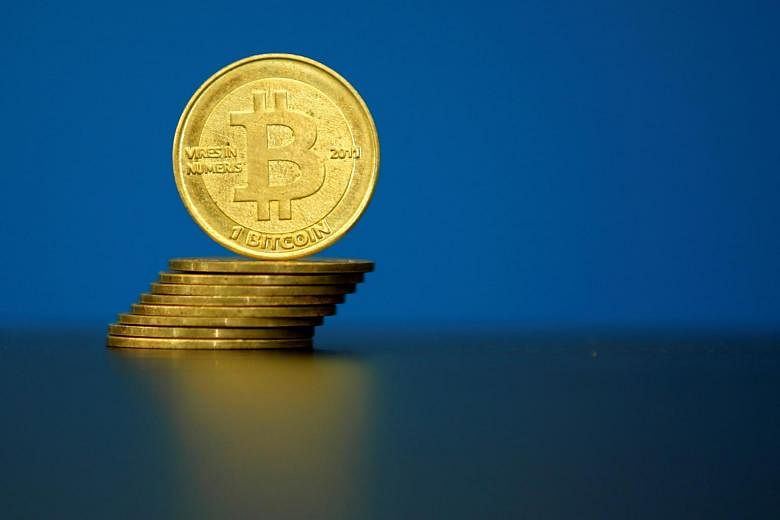One unusual development is how many new "coins" - sometimes called alt coins or cryptocurrencies - have been created lately. Bitcoin is well known, but now, ethereum, ripple, zcash, byteball, augur and many others exist. By one estimate, there are more than 900 such assets on the market. These are not physical coins, of course, but rather entries in ledger systems based on new information technologies, sometimes called a "blockchain". In the long run, how many of these assets can survive? After all, we are used to nations having one dominant currency, or investors holding assets in a relatively small number of currencies, such as dollars, euros and yen.
A common view is that we are due for a "coin consolidation", in which hundreds of assets will be whittled down to two or three dominant brands. To be sure, it seems likely that many of the coins trading right now are ill-conceived start-ups or maybe even fraudulent, and their values will fall to zero. That said, the marketplace can probably sustain a large number of alt coins, and I expect we will continue to live in a kind of coin menagerie.
Consider how people might use these coins. After the current speculative fervour fades, an individual might hold an alt coin for risk diversification. Just as the wealthy may put a certain percentage of their portfolios into gold, they are starting to do the same with these new coins. They do not necessarily expect superior returns; rather the coins may be a hedge, as there are not enough high-quality government securities to go around.
Alt coins may be effective hedges for at least two reasons. First, the value of the coin may depend on how well the original rules for the coin were written, or how well it is governed in the case of managed coins like ethereum or ripple. Those factors may be fairly independent of what is driving returns in traditional stocks and bonds, which in turn creates an opportunity for diversification.
Under these scenarios, alt coins are primarily stores of value rather than media of exchange. There is a notable tendency for exchange media to consolidate into a dominant currency in a geographic region. But the very large number of financial assets in the world shows that thousands of stores of value can coexist and compete without much consolidation.
Second, alt coins to some extent are used for money laundering. If you think the world might be moving towards greater authoritarianism, the demand for money laundering could go up to evade capital controls or asset restrictions. The value of alt coins would rise in turn, and that means alt coins would provide partial insurance against this very possible but unpleasant future path.
Money laundering may have a pejorative connotation, but a lot of laundering protects wealth from political tyranny or unfair treatment.
Regulators may not wish to eliminate money laundering entirely, even if they could.
That said, money laundering is often illegal and harmful. If you earned some money by smuggling drugs, you might use it to buy an alt coin on one of the less regulated international coin exchanges, and then sell back that coin for a major currency, converting your dirty money into clean. You might go further and call your initial coin purchase an "investment" in a coin-related company and (illegally) claim you suffered a loss of funds, thereby strengthening your tax position with a potential loss offset. These actions will help make liquid markets in the coins and give them a real financial value.
The authorities are likely to take steps to rein in such behaviour, but it will not be easy to force full financial disclosure from all the exchanges. Many of the newest coin products specialise in creating transactional anonymity, protected by encryption.
As is so often the case, for better or worse, technology is outracing the regulators.
Furthermore, when money laundering is a motive, at least some people in the market will not want to consolidate into the best-known and most heavily scrutinised coins. New and unusual coins will flourish and find their markets, even if there is a high degree of churn.
Not long ago, we thought we knew what money was, but now it is becoming so strange and diverse that the actual practice of money is outracing anything found in economic theory or in the law.
BLOOMBERG VIEW

